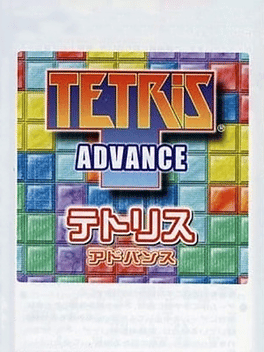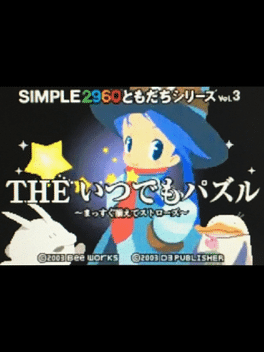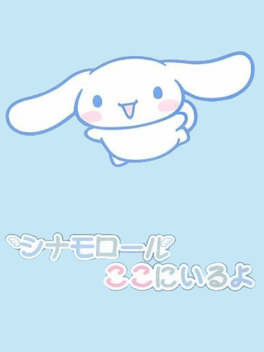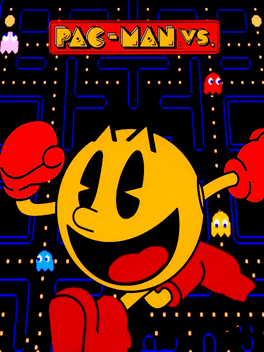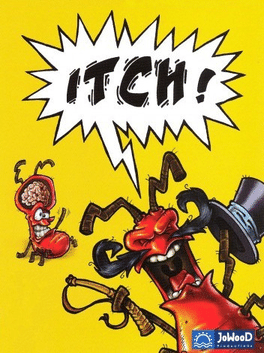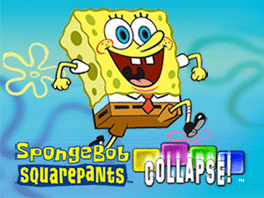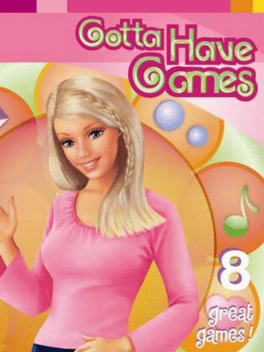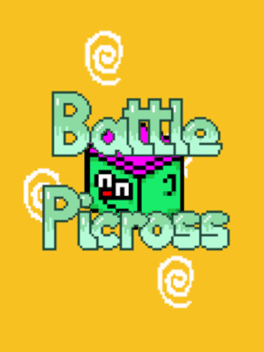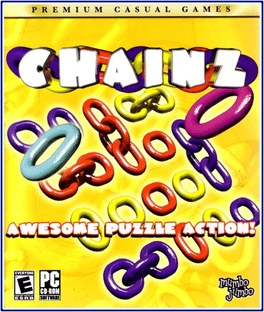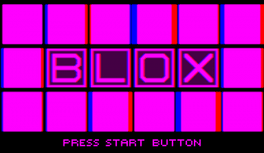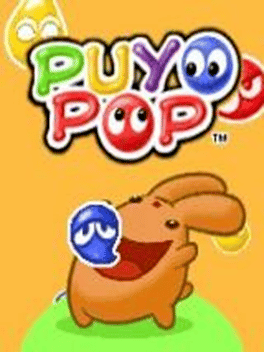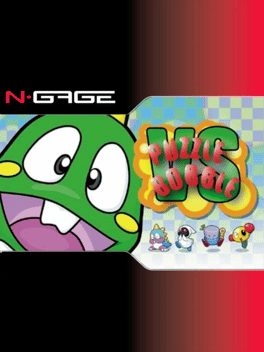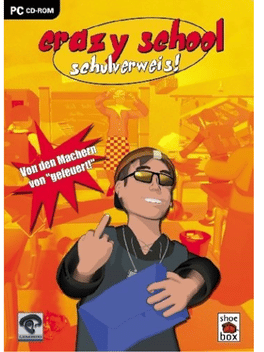New Ps3 Games - Page 252
-
Atlantis: The Lost Continent
2003
Fisherman's son Rodrigo finds on the beach a very special letter in a bottle. With the help from his Grandfather they quickly discover that it tells them how to find "The Lost City of Atlantis". "People have been searching for Atlantis for centuries without any success", said Grandfather excitedly. Rodrigo, his dog Uzo and his Grandfather set off to find the lost city... -
Manga Puzzle
2003
-
Minna no Soft Series: Tetris Advance
2003
Minna no Soft Series: Tetris Advance, known in-game simply as Tetris Advance, is a falling-block puzzle game. Part of Success's Minna no Soft series, Tetris Advance includes the standard game of Tetris along with a mission-based "Challenge" mode that tasks players with completing specific objectives (such as erasing lines, or clearing an entire board with a certain piece arrangement). It also includes linked Single-Pak Multiplayer support for up to four players. -
Pochi and Nyaa
2003
Pochi and Nyaa
2003
Pochi and Nyaa is a puzzle game made by Taito (Makers of Puzzle Bobble/Bust-A-Move) and Aiky. The story behind it is that in every 1000 years there is a Tournament held by the animal gods Pochi (the Dog) and Nyaa (the Cat) in decision who will be the top star for the next millennium, although they need the power of Earth's people to do so. The gameplay is similar to Super Puzzle Fighter and Puyo Pop, but with a few differences. -
Text Express
2003
Text Express
2003
All aboard the Text Express. The concept is simple, beat the opposite train to the next station. Use words as the coal to stoke the fire to get you there. Longer words make more fire to help you beat the opposite train. Get stoking now! -
Simple 2960 Tomodachi Series Vol. 3: The Itsudemo Puzzle - Massugu Soroete Straws
2003
The Simple 2960 Tomodachi Series Vol. 3: The Itsudemo Puzzle - Massugu Soroete Straws is a Puzzle game, developed by BeeWorks and published by D3Publisher, which was released in Japan in 2003. -
Tetris Kiwamemichi
2003
-
Cinnamoroll: Koko ni Iru yo
2003
Cinnamoroll Koko ni Ruyo is a Puzzle game, developed by AI and published by Imagineer, which was released in Japan in 2003. -
Pac-Man Vs.
2003
Pac-Man Vs.
2003
star 6.4Pac-Man Vs. is a Pac-Man video game originally designed exclusively for the Nintendo GameCube that was included as an extra bonus disc with the Player's Choice edition of Pac-Man World 2. -
Itch!
2003
Itch!
2003
Itch! is a puzzle game with simple rules, intuitive controls and tricky puzzles. The game principle is to simply arrange four equally colored fleas side by side in a straight line or square pattern for points. New fleas are born continuously, and you must keep pace with population growth. Every level reached makes your quest still tougher. The game features 3 different playing modes (Time Game, Round Game, Puzzle Game). -
SpongeBob SquarePants Collapse!
2003
SpongeBob SquarePants Collapse! is a puzzle game developed by GameHouse, released on November 18, 2003. It was available for download until the service shut down in 2013. It is a reskin of Collapse based off the Nickelodeon animated series SpongeBob SquarePants. -
Barbie: Gotta Have Games
2003
Enjoy hours of fun-filled adventure with Barbie and her stylin' friends. -
Battle Picross
2003
-
Kirby Puzzle
2003
Kirby Puzzle
2003
Kirby Slide (called Kirby Puzzle on the e-Reader menu) is a simple sliding puzzle game based on the Kirby series for the e-Reader peripheral for the Game Boy Advance. It was released sometime in late 2003 in North America. As with all software released for the e-Reader, the media is a card to be swiped across the card reader -
Chainz
2003
-
Blox
2003
-
3D Crazy Ballz
2003
3D Crazy Ballz
2003
This game is a full 3D remake of Lines. In this game your task is to remove balls from the table by grouping them in three different manners (lines, blocks and star like). Each move new three random balls will pop up filling out your table. The game is over when your table is full. There are three difficulty settings in the game. -
Puyo Pop
2003
-
Puzzle Bobble VS
2003
Puzzle Bobble VS
2003
Bubble poppin' action on the N-Gage. Oddly called Puzzle Bobble even in The States (as opposed to the previous nomenclature of "Bust-A-Move"). -
Crazy School: Schulverweis!
2003
Crazy School: Schulverweis! is exactly the same game as Gefeuert! Dein letzter Tag... just in a school instead of a office. The player takes the role of a pupil who wants to cause as much chaos as possible. With simple point & click controls the player walks trough the levels and uses the various items to play his pranks, e.g. knocking over a bucket or tearing apart a notebook. For some actions he needs to collect and use another item, e.g. toilet paper to clog a toilet. Every action takes time and is rewarded with points, more complicated or mean ones give more. So the main goal for a level is to beat the highscore in a limited time. When the player gets caught he has to absolve a mini game of Hangman where he has to guess words in a limited time and in limited tries. The campaign consists of 21 levels and the player can choose his gender and the names of the NPCs.


